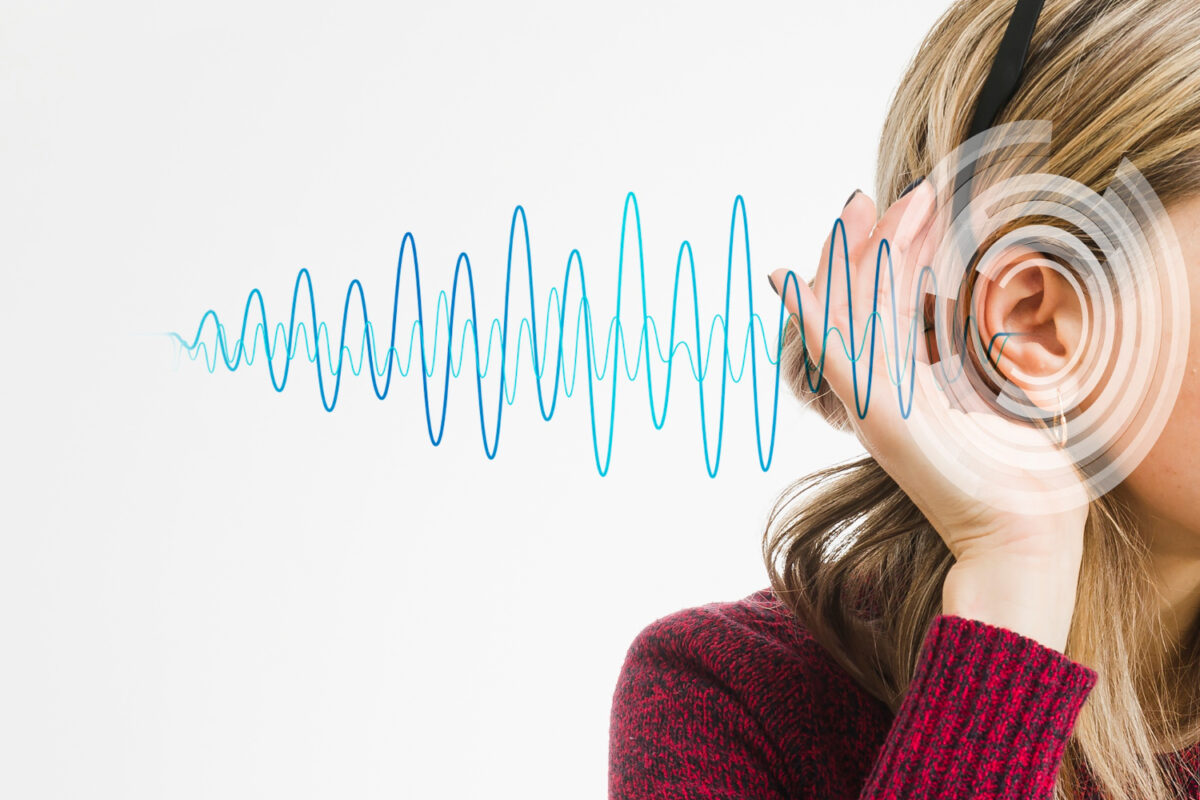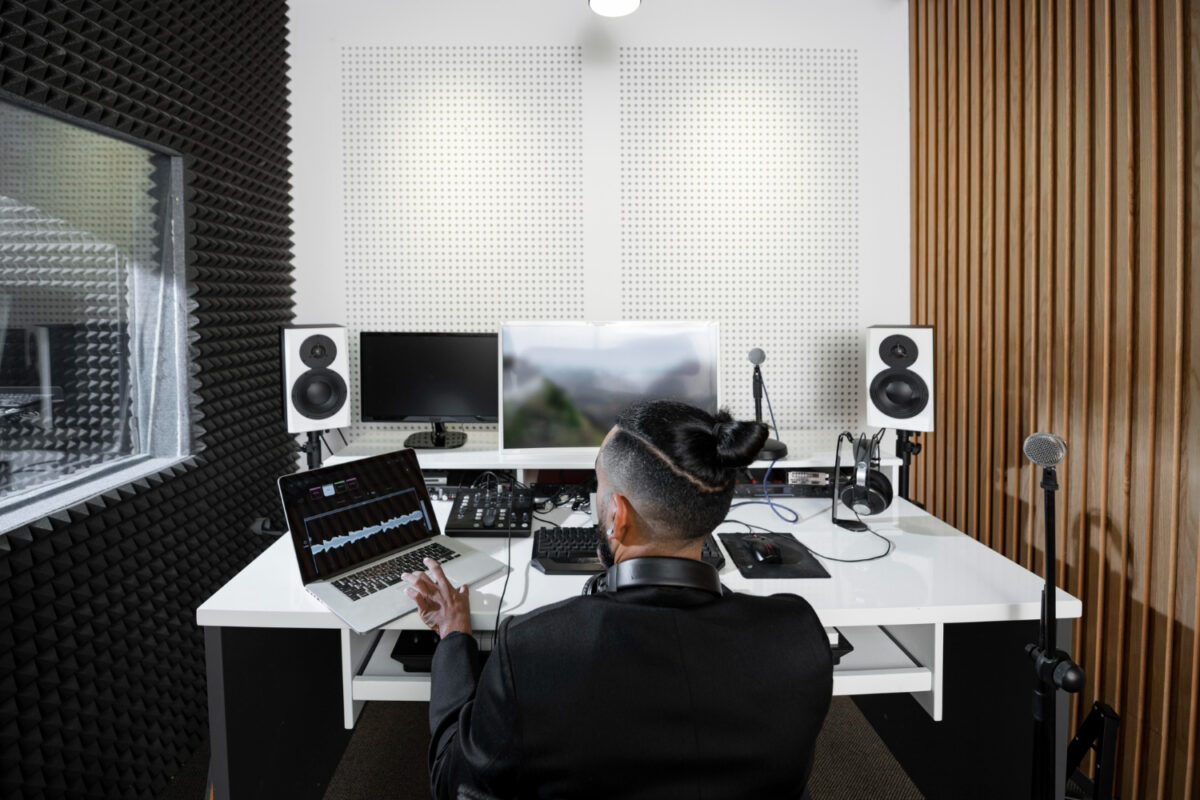
When it comes to the world of audio, two terms often get thrown around interchangeably: sound editing and sound mixing. However, while they may seem similar, they refer to two different stages in the audio production process. In this blog post, we’ll dive into the nuances of each term and explore what makes them unique. Visit our website for more info: “Rian Hunter Production“.
Defining Sound Editing and Sound Mixing
Let’s talk about sound. Specifically, sound editing and sound mixing. These two terms might sound (pun intended) like they’re interchangeable, but they refer to two different steps in the audio production process.
So, what is sound editing? Think of it like a makeover for audio recordings. Sound editors work their magic in post-production to adjust levels, remove unwanted noise, and add sound effects. It’s like giving your audio track a makeover, so it’s ready to strut its stuff on the audio runway.
Now, onto sound mixing. This is where the audio engineer becomes the conductor of the audio orchestra. Live sound mixing involves balancing the levels of all the audio sources in real time to create a cohesive and dynamic mix. It’s like being a wizard with a mixing board, bringing all the audio elements together in perfect harmony.
So, to sum it up: sound editing is like giving your audio a makeover, while sound mixing is like being a musical conductor. See? They might sound similar, but they’re quite different.
The Tools of the Trade
Both sound editing and sound mixing require different tools and software. For sound editing, popular programs include Pro Tools, Adobe Audition, and Logic Pro. These tools allow audio engineers to manipulate individual tracks and apply effects to them.
In contrast, live sound mixing often involves physical mixing boards and equipment. These boards allow engineers to control the levels of multiple audio sources at once, as well as add effects such as reverb and compression.
The Goals of Sound Editing and Sound Mixing
Now, let’s get down to flesh out another difference between sound editing and sound mixing: the goals. While both processes aim to create a polished and professional audio product, they have slightly different objectives.
The goal of sound editing is to make each track sound as clean and clear as possible, while also adding in any necessary sound effects. It’s like creating a spotless audio canvas that’s ready to be painted with all the necessary sounds and effects to make it pop.
On the other hand, the goal of sound mixing is to balance the levels of all the audio sources in real-time to create a cohesive and dynamic mix. It’s like being a juggler, but instead of balls, you’re juggling different audio sources and levels to create a perfectly balanced sound.
So, while sound editing is about getting each track to sound perfect on its own, sound mixing is all about making sure everything works together seamlessly. It’s like creating a musical masterpiece that’s greater than the sum of its parts.
The Role of the Sound Editor and Sound Mixer
We’ve already talked about the roles of sound editor and sound mixer, but let’s dig a little deeper into their differences. After all, they might seem similar, but they have their own unique set of responsibilities.
The sound editor is like a sculptor, chiseling away at each audio track until it’s a work of art. They’re responsible for making sure each track is clean and clear, removing any unwanted noise, and adding sound effects where necessary. It’s like giving your audio a spa day, where every imperfection is smoothed away.
On the other hand, the sound mixer is like a chef, blending all the audio elements into a delicious audio dish. They’re responsible for balancing the levels of each audio source in real time, creating a cohesive and dynamic mix that sounds great to the ear. It’s like cooking up a delicious feast for the ears.
So, while the sound editor is focused on perfecting each track, the sound mixer is all about making sure everything works together seamlessly. They’re like Batman and Robin, each with their own unique skill set that comes together to create an unstoppable duo.
In the end, both the sound editor and sound mixer are essential to creating a high-quality audio product. They might have different roles and responsibilities, but together they make beautiful music (or audio, in this case).
Time Constraints
While sound editing and sound mixing are both crucial steps in the audio production process, they have different time constraints. Let’s dive in and see how they differ.
Sound editing is typically done in post-production, which means there’s more time to perfect each track. Sound editors can spend hours adjusting levels, removing unwanted noise, and adding sound effects to make each track sound as perfect as possible. It’s like working on a puzzle at your own pace, taking the time to make sure every piece fits perfectly.
On the other hand, live sound mixing is a completely different beast. In a live performance, the sound mixer has to balance the levels of all the audio sources in real time, without the luxury of going back and fixing mistakes later. It’s like being a tightrope walker, where one wrong move could mean disaster.
So, while sound editing allows for more time to perfect each track, live sound mixing requires quick thinking and split-second decision-making. Both have their unique challenges and require different skill sets, but both are essential to creating a high-quality audio product.
No matter what your preferred method of audio production is, whether it’s in post-production or live sound mixing, time constraints are always a factor. It’s all about finding the right balance between taking the time to perfect each track and being able to think on your feet when you’re live mixing.
The Importance of Both Processes
First and foremost, sound editing and sound mixing can take your audio from good to great. They’re like the frosting on a cake, adding that extra layer of polish that takes it to the next level.
But it’s not just about making your audio sound good. Sound editing and sound mixing are also about making your audio sound professional. Whether you’re creating a podcast, a YouTube video, or a movie, having high-quality audio can make or break your production.
And let’s not forget about the emotional impact of sound editing and sound mixing. The right sound effects, music, and levels can make your audience feel like they’re right in the middle of the action, whether that’s a thrilling car chase or a heartbreaking scene. It’s like adding a cherry on top of your sundae: it just makes everything better.
Conclusion
While sound editing and sound mixing may seem similar, they are two distinct processes with their own unique goals and tools. Understanding the differences between the two can help audio engineers better approach their work and create high-quality audio products that sound polished and professional. So the next time you’re working on an audio project, remember the difference between sound editing and sound mixing.
Get in touch with us
Related Posts

Location-Based Sound Recording: 6 Expert Tips for Noise Reduction

Secrets of the Sound Booth: 5 Tips to Achieve Professional-Quality Voice-Over Recordings
About Us
Lorem ipsum dolor sit amet, consectetur adipiscing elit. Phasellus pharetra pretium leo, sed lacinia nulla. Quisque iaculis, lectus sed eleifend vehicula, mi elit facilisis purus, vitae ornare magna elit non quam.
Get in touch with us
Let’s Socialize
Get in touch with us

